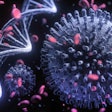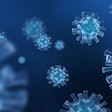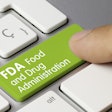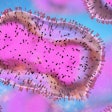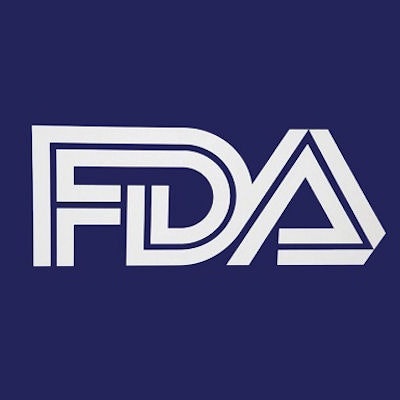
In a move that underscores the seriousness of the coronavirus outbreak, the U.S. Food and Drug Administration (FDA) on February 29 issued guidance to allow labs to develop and use their own diagnostic tests for the virus before they have received an emergency use authorization from the agency.
The FDA had already granted emergency use authorization (EUA) to labs to use a diagnostic assay developed by the U.S. Centers for Disease Control and Prevention (CDC) to detect SARS-CoV-2, which causes the respiratory illness COVID-19. But many health authorities have complained that the CDC test is not being supplied in enough volume to meet rapidly growing needs across the country to test individuals who may have been exposed to the virus.
In fact, the American Association for Clinical Chemistry (AACC) on Friday urged the FDA to allow qualified local and state clinical laboratories to run their own in-house tests for the novel coronavirus without review by the agency. The AACC noted that these labs are strictly regulated under CLIA and in the past have successfully developed tests in response to public health emergencies.
The FDA appears to have acceded to the AACC's request with its February 29 announcement. The agency said its guidance would provide a policy for COVID-19 molecular diagnostic tests that were developed and used in labs certified to perform high-complexity testing under CLIA -- prior to receiving an emergency use authorization.
What's more, the FDA said it was issuing the guidance without public comment "in light of this public health emergency." The agency posted the guidance and made it available for download on its website.
In the guidance, the FDA noted that it has been working with the CDC and other developers of diagnostic tests for SARS-CoV-2 to accelerate their development programs and respond to emergency use authorizations for in vitro tests.
"However, the severity and scope of the current COVID-19 situation around the globe necessitates greater testing capacity for the virus than is currently available," the guidance notes.
The FDA said it is aware that labs certified to perform high-complexity testing under CLIA are developing diagnostic tests for SARS-CoV-2 and plan to seek emergency use authorization for the tests. For a "reasonable time" after validation and while the labs are seeking an EUA, the agency said it "does not intend to object to the use of these tests for specimen testing."
The guidance goes on to describe the parameters the FDA expects labs to follow in developing their own diagnostic assays for SARS-CoV-2. Labs should take the following steps:
- Perform validation of their diagnostic assays prior to use in patients
- Document the limit of detection (LoD) for their tests
- In determining LoD, test a dilution series of three replicates per concentration and then confirm the final concentration with 20 replicates; define LoD as the lowest concentration at which 19 of 20 replicates are positive
- Confirm the performance of the test with a series of contrived clinical specimens by testing at least 30 contrived reactive specimens and 30 nonreactive specimens
- Document the results of an in silico analysis that indicates the percent identity matches of their test against publicly available SARS-CoV-2 sequences
- Once labs have completed validation of their assay, they should notify the FDA via email that their assay has been validated, and then submit an EUA within 15 days
"Rapid detection of COVID-19 cases in the United States requires wide availability of diagnostic testing to control the emergence of this rapidly spreading, severe illness," the FDA noted in releasing the guidance. "This guidance describes an accelerated policy enabling laboratories to use tests they develop faster in order to achieve more rapid testing capacity in the United States."








